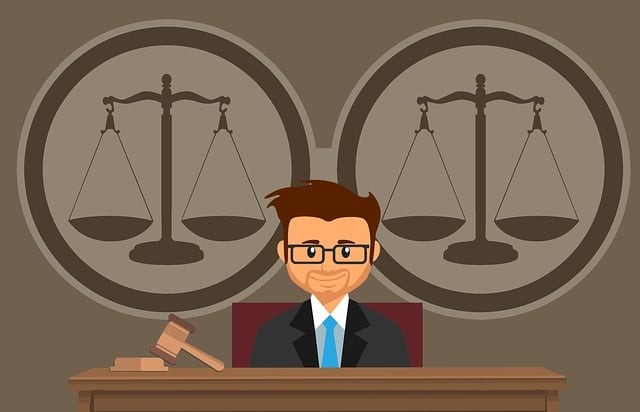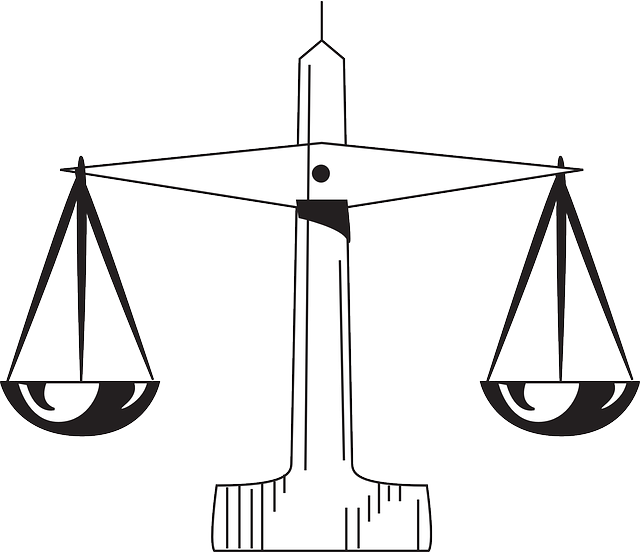Understanding and navigating criminal charges is crucial, from misdemeanors to felonies, as these carry significant legal, social, and personal consequences. Effective defense strategies involve detailed case evaluation, communication between client and attorney, challenging evidence, questioning witness credibility, and leveraging legal precedents. Defense attorneys play a vital role in ensuring fair treatment and protecting clients' rights. Misconceptions about criminal defense, varying jurisdiction laws, and policy implications impact these strategies. Access to quality legal representation and advanced technologies further strengthen defenses, aiming to balance punishment with rehabilitation. Tailored strategies, as seen in successful case examples, can significantly influence outcomes for individuals facing criminal accusations.
“Delve into the intricate world of criminal defense policy and law, where every charge carries significant implications. This comprehensive guide explores essential legal insights, from understanding diverse criminal charges and their impacts to crafting robust defense strategies. Discover the pivotal role of legal experts in navigating complex cases and unravel common misconceptions surrounding criminal defense laws. Furthermore, examine policy implications for enhancing defense capabilities and learn from compelling case studies showcasing successful criminal charges defense strategies.”
- Understanding Criminal Charges: Types and Impact
- Building a Strong Criminal Defense Strategy
- The Role of Legal Experts in Criminal Cases
- Common Misconceptions About Criminal Defense Laws
- Policy Implications for Effective Criminal Defense
- Case Studies: Successful Criminal Charges Defense Strategies
Understanding Criminal Charges: Types and Impact

Understanding Criminal Charges: Types and Impact
Criminal charges are formal accusations brought against an individual for allegedly committing a crime. These can range from misdemeanors, such as minor traffic infractions or simple assault, to felonies, which are more serious offenses like homicide, robbery, or drug trafficking. Each type of criminal charge carries its own set of potential consequences, including fines, imprisonment, or both. The impact of these charges extends beyond legal penalties, affecting an individual’s reputation, employment prospects, and overall quality of life.
Effective criminal charges defense strategies are crucial in mitigating these impacts. Defense attorneys play a vital role in navigating complex legal systems to ensure their clients receive fair treatment. By understanding the specific charges and exploring available defenses, individuals can better prepare for court proceedings and protect their rights. This process involves meticulous investigation, challenging evidence, and leveraging legal loopholes to build a robust defense.
Building a Strong Criminal Defense Strategy

A robust criminal defense strategy is pivotal in navigating the complexities of legal proceedings, especially when facing serious criminal charges. The initial step involves a meticulous evaluation of the case by experienced legal counsel. This includes understanding the specific allegations, gathering relevant evidence, and identifying potential loopholes or weaknesses in the prosecution’s case. A strategic approach may include challenging the admissibility of evidence, questioning witness credibility, and leveraging legal precedents to build a solid defense.
Effective communication between the defendant and their attorney is paramount. Open and honest disclosure of relevant facts enables lawyers to tailor strategies that best serve their clients’ interests. By employing clever tactics, such as negotiating plea bargains, presenting compelling arguments in court, or utilizing expert witnesses, attorneys can significantly influence the outcome of criminal cases.
The Role of Legal Experts in Criminal Cases

Legal experts play a pivotal role in navigating complex criminal cases, offering invaluable support to individuals facing criminal charges. Their expertise is crucial in crafting effective defense strategies, ensuring fair representation, and upholding the integrity of the legal process. These professionals possess an in-depth understanding of laws, regulations, and procedural rules, enabling them to challenge evidence, question witness testimonies, and exploit any legal loopholes that may benefit their clients.
By leveraging their knowledge and skills, legal experts can provide crucial insights into potential outcomes, offer strategic guidance, and advocate for the best possible outcome. They guide clients through every stage of the criminal justice system, from initial investigations to trials, ensuring their rights are protected. Their involvement is essential in mitigating risks, building a robust defense, and ultimately, achieving favorable results in cases involving criminal charges defense strategies.
Common Misconceptions About Criminal Defense Laws

Many individuals, even those with a basic understanding of law, often hold misconceptions about criminal defense policies and strategies. One common misperception is that all criminal defense attorneys focus on acquittal, aiming to prove their client’s innocence beyond a reasonable doubt. However, this isn’t always the case; some defense strategies may involve negotiating plea bargains, which can offer more favorable outcomes for clients facing serious criminal charges.
Another misconception is that criminal defense laws are one-size-fits-all. The reality is that these laws vary widely from jurisdiction to jurisdiction, and what works as a viable defense strategy in one place might not be applicable elsewhere. Understanding the nuances of local criminal defense policies and leveraging specific defense strategies tailored to the client’s circumstances can significantly impact the outcome of their case.
Policy Implications for Effective Criminal Defense

In the realm of criminal justice, effective criminal charges defense strategies are pivotal for ensuring fairness and protecting individual rights. Policy implications play a crucial role in shaping these defenses, ultimately influencing the outcome of cases. By implementing robust policies, legal systems can fortify the defenses available to accused individuals, fostering a more balanced approach to punishment and rehabilitation. This involves enhancing access to quality legal representation, where adequate resources are allocated to public defenders to provide robust defense strategies, countering potential bias and ensuring due process.
Furthermore, policy interventions should focus on promoting innovative defense tactics. This includes the adoption of advanced technologies for evidence analysis, allowing defenses to challenge prosecution claims more effectively. Policies that encourage collaboration between legal professionals, academic experts, and community organizations can also enhance criminal charges defense strategies. Such collaborations may yield novel insights into crime prevention, rehabilitative measures, and alternative sentencing options, ultimately contributing to a more compassionate and efficient criminal justice system.
Case Studies: Successful Criminal Charges Defense Strategies

Successful criminal charges defense strategies often hinge on a thorough understanding of the case and effective legal tactics. One prominent example involves a client accused of white-collar crime. The defense team conducted an extensive investigation, uncovering evidence of corporate fraud that predated the charged period. By presenting this context, they argued that the client was not actively involved in the specific fraudulent activities, leading to a significant reduction in charges and ultimately, an acquittal on most counts.
Another notable case involves a client facing severe drug possession charges. The defense attorney successfully challenged the admissibility of evidence, arguing that police violated the client’s Fourth Amendment rights during the arrest. This strategic move resulted in the dismissal of the case, demonstrating how knowing and aggressive legal representation can lead to favorable outcomes for clients facing criminal charges. These case studies underscore the importance of tailored defense strategies in achieving just results.














